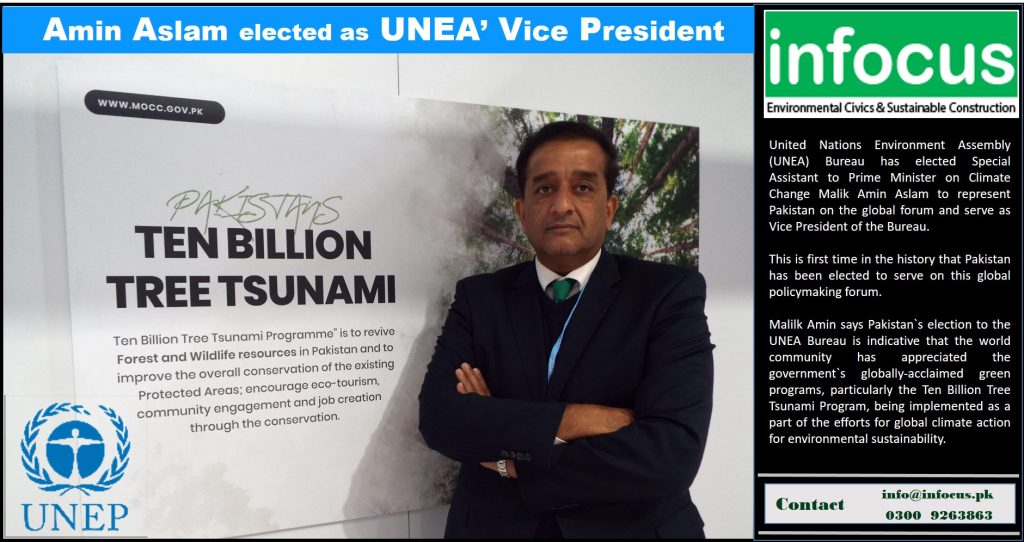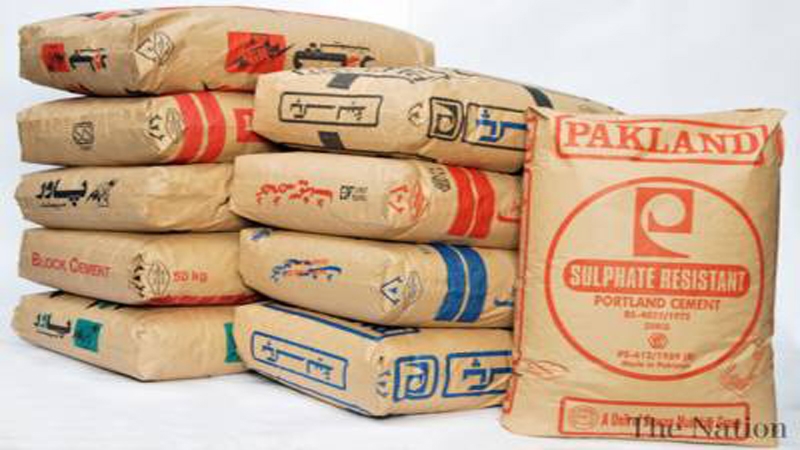06 March, 2022
Halt in Naya Pakistan Housing Program

Federal Housing Secretary Dr Imran Zeb, while briefing the Public Accounts Committee on the ongoing projects of the Federal Government Employees Housing Authority and the Pakistan Housing Authority Foundation, disclosed the work on housing schemes that commenced during the PT1 government has stopped since an `extraordinary` increase in the price of steel and cement in August last year. The Committee was told that contractors have stopped working on all government-funded housing projects months ago due to cost escalation. That has hit a major blow to the Prime Minister Imran Khan’ much-trumpeted vision to construct 5 million houses or provide homes to the unsheltered. Infocus.pk has already mentioned the same in it’s previous blog.
The Secretary Housing also told the PEC that contractors demand a revision in the costs, however as the escalated charges were much higher than the benchmark set by Public Procurement Regulatory Authority as well as relevant rules, the housing ministry turned down their demand. The Committe has expressed displeasure over the progress on housing projects and maintained that contracts should be terminated and those who stopped the construction work blacklisted.
United Nations resolves to “End Plastic Pollution”

The 4th of March, 2022 would be noted down in history. As for the first time the global community has agreed on a framework to curb the world’s growing plastic problem. The United Nations after the conclusion of a 3-day summit adopted recently a resolution laying out an ambitious plan for developing a legally binding treaty to “End Plastic Pollution.”
At the UN Environment Assembly in Nairobi heads of state, ministers of environment and other representatives from 175 nations have endorsed this historic resolution forge an international legally binding agreement by 2024 to end this global menace. The resolution addresses the full lifecycle of plastic, including its production, design and disposal.
State Bank reviews Housing Loan Targets for Banks

The State Bank of Pakistan (SBP) has introduced new measure this week to help banks achieve their mandatory targets for housing and construction financing. The SBP allowed banks through a recent circular to count their `wholesale lending to microfinance providers and housing finance companies for onward financing under the Naya Pakistan Low-Cost Housing (NPLCH)` towards their mandatory targets. The NPLCH is one of the three components of Kamyab Pakistan Programme.
The SBP also made it mandatory for the lenders to allocate 5% of their total loans for housing and construction keeping in view the key role this sector plays in ensuring higher economic growth and increased employment. But the pace of the loan disbursement is not encouraging. However, the SBP believes the model ease the difficulties that the general public is facing in accessing housing finance under the government`s markup subsidy scheme.
UN elects Malik Amin Aslam as UNEA’ Vice President

United Nations Environment Assembly (UNEA) Bureau has elected Special Assistant to Prime Minister on Climate Change Malik Amin Aslam to represent Pakistan on the global forum and serve as Vice President of the Bureau. This is first time in the history that Pakistan has been elected to serve on this global policymaking forum.
Malilk Amin says Pakistan`s election to the UNEA Bureau is indicative that the world community has appreciated the government`s globally-acclaimed green programs, particularly the Ten Billion Tree Tsunami Program, being implemented as a part of the efforts for global climate action for environmental sustainability.
Cement Sales dropped amid Construction Slump

Cement sales overall plummeted by 5.75 % to 35.78 million tons from 37.95m tons during the first eight months of 2021-22 due to a cut in the Public Sector Development Programme, rising construction cost and inflationary impact restricting demand growth. Data released by the All Pakistan Cement Manufacturers Association this week shows that the cement exports recorded a sharp decline of 31.35% to 4.34m tons from 6.33m tons in the corresponding periodl ast year.
It is observed that global supply chain disruptions keeping the sea freight on a higher side hurting cement exports. Besides rising coal and commodity prices remain key concerns for the sector.


